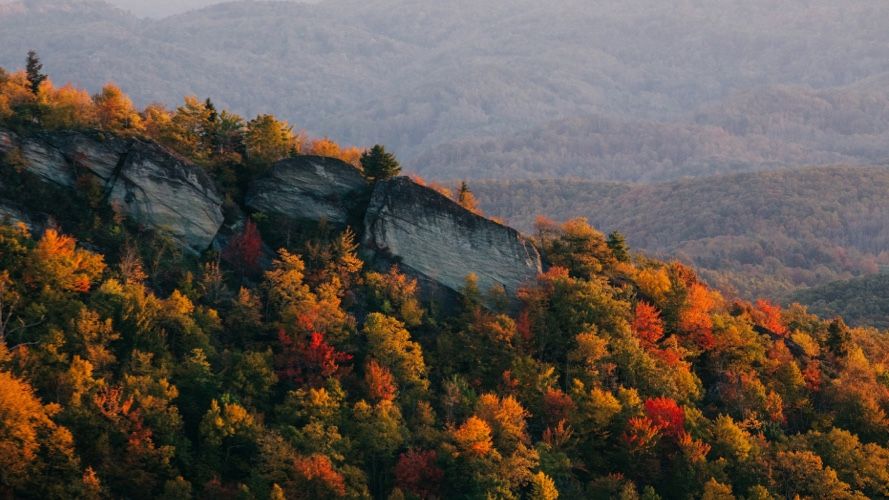- How can I prepare my child for a North Carolina overnight camp?
- Discuss what to expect and practice independence skills. Many camps also offer readiness checklists to help families prepare.
- Are camps in North Carolina equipped to handle allergies?
- Yes. Most camps collect detailed health information and can accommodate common dietary restrictions.
- What transportation options exist for campers arriving from out of state?
- Flying is common, with families often renting cars to reach camps in rural or mountainous areas.
- Are sibling discounts available at North Carolina camps?
- Some camps provide sibling discounts; it’s best to inquire directly with the camp for specific policies.
- How do camps support children who feel homesick?
- Counselors use comforting routines and engaging activities to help campers adjust and feel secure.
- What are common camp activities in North Carolina?
- Activities include hiking, swimming, arts and crafts, sports, and environmental education tailored to the region’s landscapes.
- Can my child stay in touch during camp?
- Communication policies vary. Some camps allow letters and occasional emails but limit phone calls to help children immerse fully.
